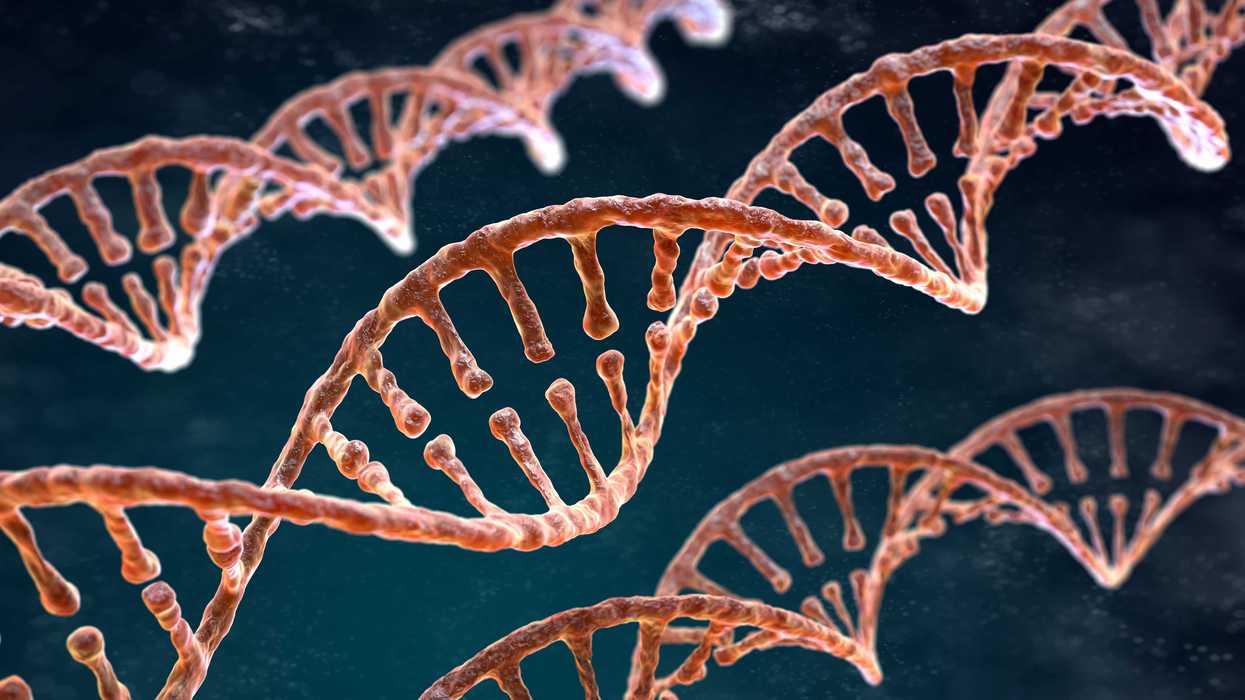In a recent study published in Environment International, researchers tested the ovarian follicular fluid (which surrounds egg cells in the ovary) of 82 people undergoing In Vitro Fertilization (IVF) and found that chemical contamination impacted the success of egg retrieval, a critical part of the assisted reproduction process.
In short:
- Over 90% of the follicular fluid tested was contaminated with chemicals, including plasticizers, flame retardants, pesticides, and per- and polyfluoroalkyl substances (PFAS).
- Over 3,000 of the chemicals detected were individually associated with fewer retrieved eggs during IVF, a potential indicator of low ovarian reserve and low fertility.
- Exposure to mixtures of multiple chemicals had a larger effect on egg retrieval than any single chemical alone.
Key quote:
“Both animal and in vitro studies have implicated endocrine-disrupting chemicals (EDCs) as reproductive toxicants that target the ovary, which is the major female reproductive organ and vulnerable to interference from chemical exposures at key steps during reproduction.”
Why this matters:
Individuals around the globe are constantly exposed to a wide variety of chemicals through interactions with the environment, consumer products, and even their food and water supply. Very few of these chemicals are properly regulated, and health risks are typically only considered on a chemical-by-chemical basis, ignoring the potential for cumulative effects. While regulatory bodies have started to acknowledge exposure to chemical mixtures, their approach to regulating those exposures is still too limited to account for the full scope of potential harm to human health.
Related EHN coverage:
- Current regulations miss threat of IQ loss from exposure to chemical mixtures
- Exposure to chemical mixtures linked to an increased risk of autism in children
More resources:
- October 1, 2025: Addressing Chemical Mixtures: Opportunities for the REACH revision webinar, sponsored by the EDC Strategies Partnership.
- Stockholm University: European researchers unite behind call for stronger chemical mixture regulation in REACH
Young, Anna et al. for Environment International vol. 203. Sept. 2025

















